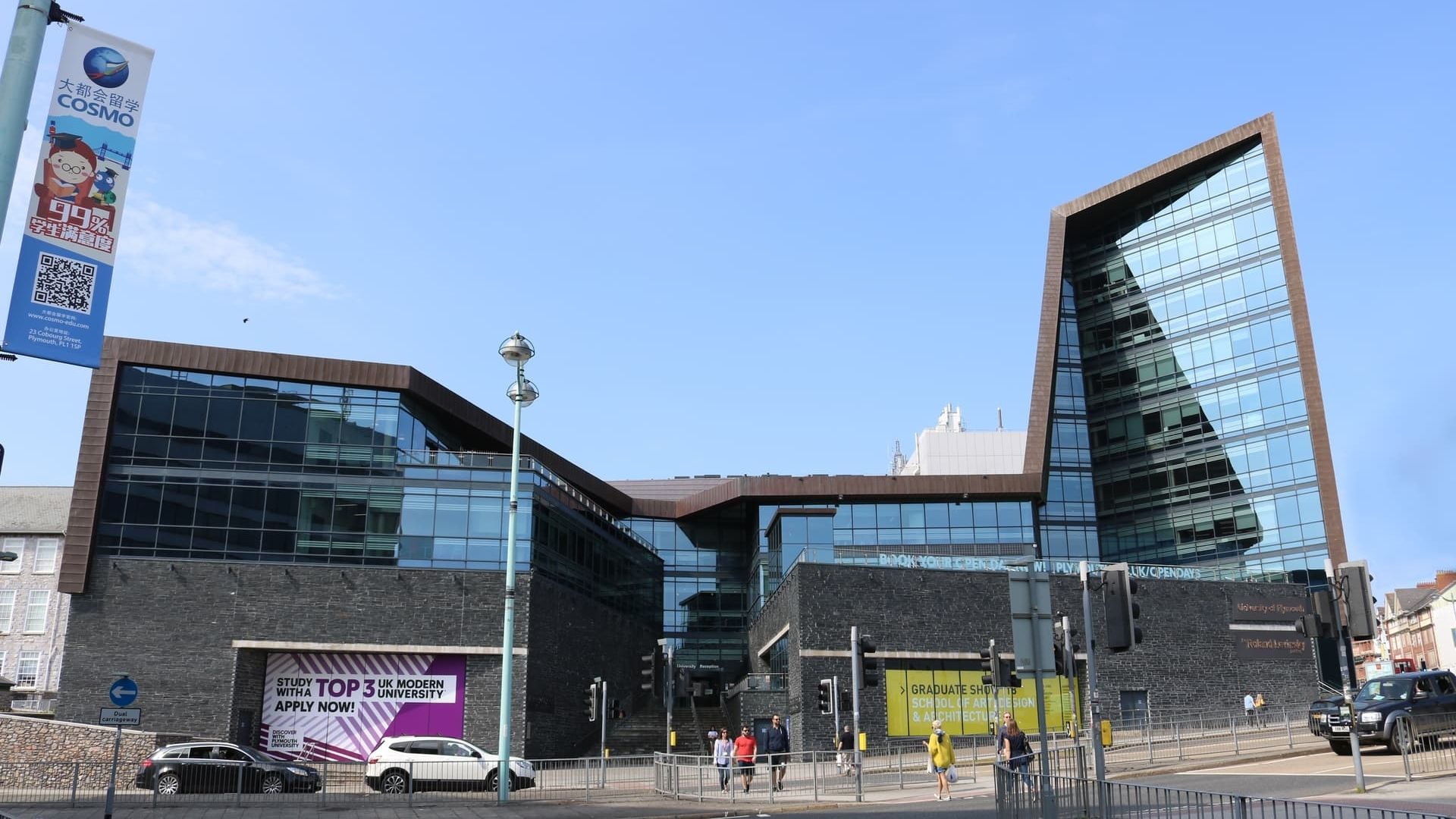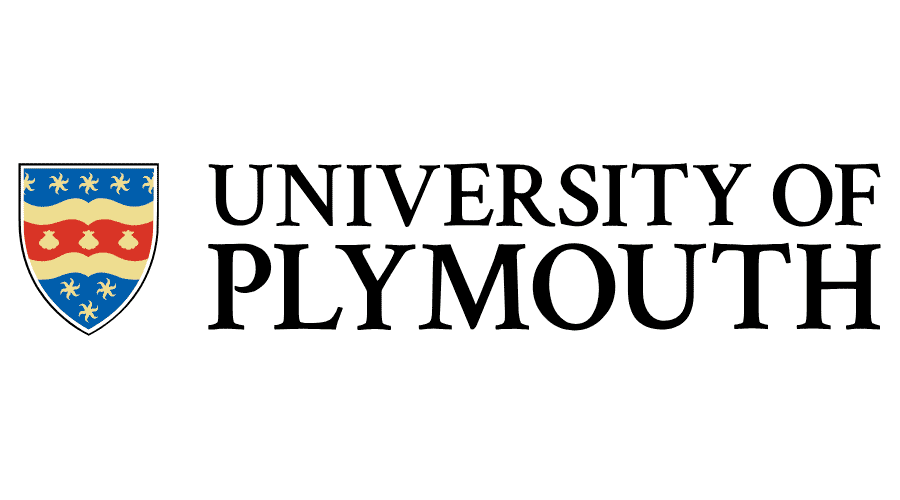About University
The university was originally founded as the Plymouth School of Navigation in 1862,before becoming a university college in 1920 and a polytechnic institute in 1970, with its constituent bodies being Plymouth Polytechnic, Rolle College in Exmouth, the Exeter College of Art and Design (which were, before April 1989, run by Devon County Council) and Seale-Hayne College (which before April 1989 was an independent charity). It was renamed Polytechnic South West in 1989, a move that was unpopular with students as the name lacked identity. It was the only polytechnic to be renamed and remained as "PSW" until gaining university status in 1992 along with the other polytechnics. The new university absorbed the Plymouth School of Maritime Studies.
Popular For
University of Plymouth is renowned for its innovative approach to education and research, particularly in fields aligned with its coastal location in southwest England. Established in 1992, it has grown into a dynamic institution emphasizing practical, real-world learning and sustainability. With over 18,000 students, it's popular for blending academic rigor with hands-on experiences, making it a top choice for those seeking career-focused degrees.
Key Academic Strengths
The university excels in several disciplines, drawing students globally for its specialized programs:
- Marine and Ocean Sciences: As a leader in maritime studies, Plymouth hosts the Marine Institute, one of Europe's largest centers for ocean research. Programs in oceanography, marine biology, and sustainable fisheries attract enthusiasts passionate about environmental conservation.
- Engineering and Technology: Known for its cutting-edge facilities, including wind tunnels and robotics labs, the School of Engineering offers degrees in naval architecture, renewable energy, and aerospace—ideal for future innovators in green technologies.
- Health and Social Care: With state-of-the-art simulation suites, it's popular for nursing, medicine, and psychology programs, emphasizing compassionate, evidence-based practice.
- Business and Arts: The Plymouth Business School focuses on entrepreneurship and digital innovation, while the Faculty of Arts and Humanities shines in media, architecture, and creative writing.
Research and Innovation
Plymouth's research impact is significant, ranking in the top 50 UK universities for research intensity. It's famous for contributions to climate change, robotics, and public health. The Marine Station at Plymouth Sound allows direct fieldwork, fostering groundbreaking studies on marine ecosystems.
Student Life and Campus
The vibrant campus overlooks the sea, offering modern accommodations, sports facilities, and a thriving student union. Its emphasis on employability—boasting 95% graduate employment rates—makes it popular for international students. Sustainability initiatives, like zero-waste goals, appeal to eco-conscious learners.
In summary, the University of Plymouth stands out for its forward-thinking ethos, world-class marine expertise, and supportive environment, preparing students to tackle global challenges effectively.
1992
Established
#58
Ranking
62+
Courses Available
Need Help with University of Plymouth?
Our expert counselors can guide you through the university application process and help you maximize your university opportunities.
Contact Us

